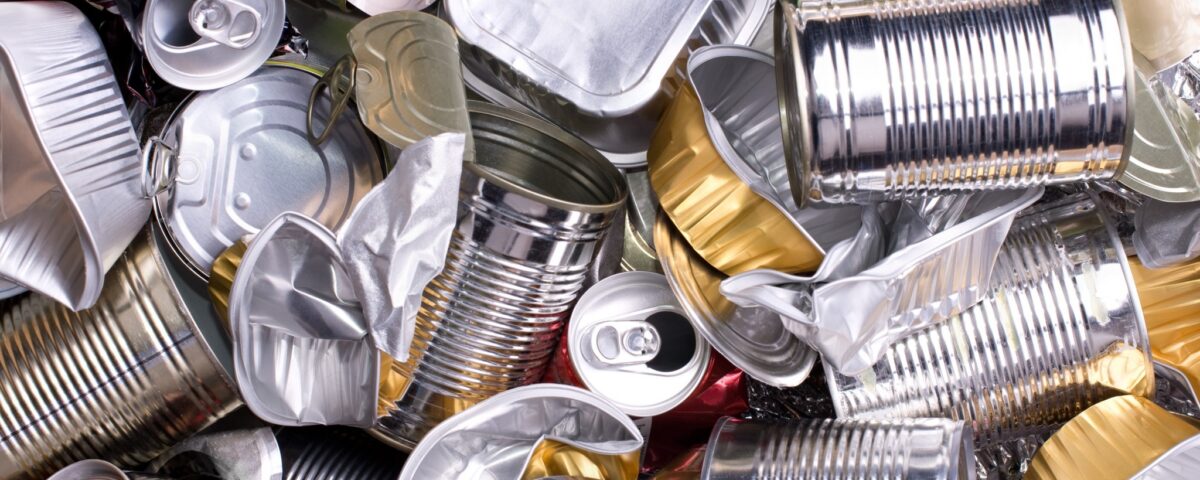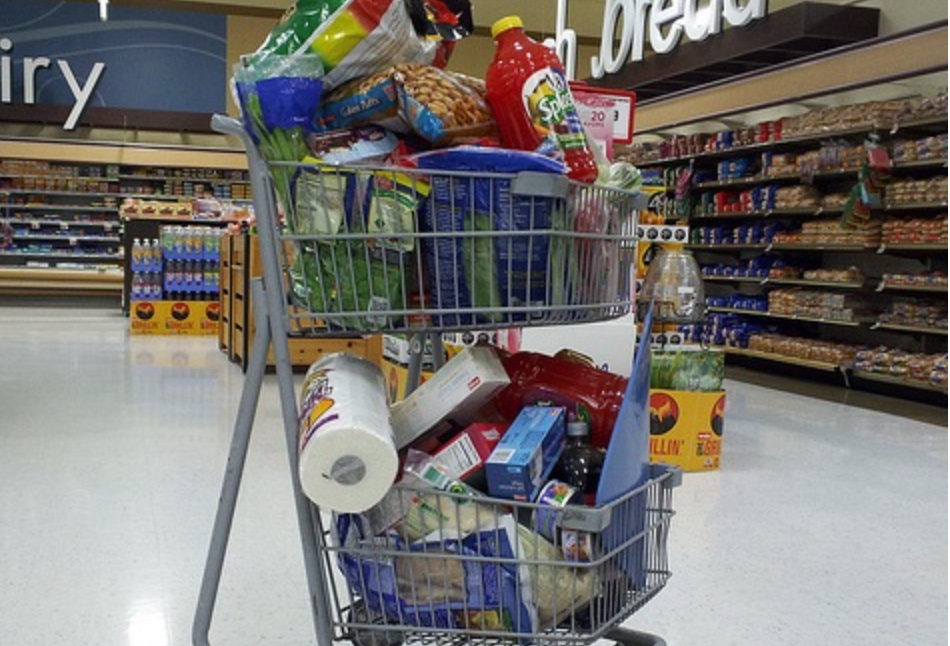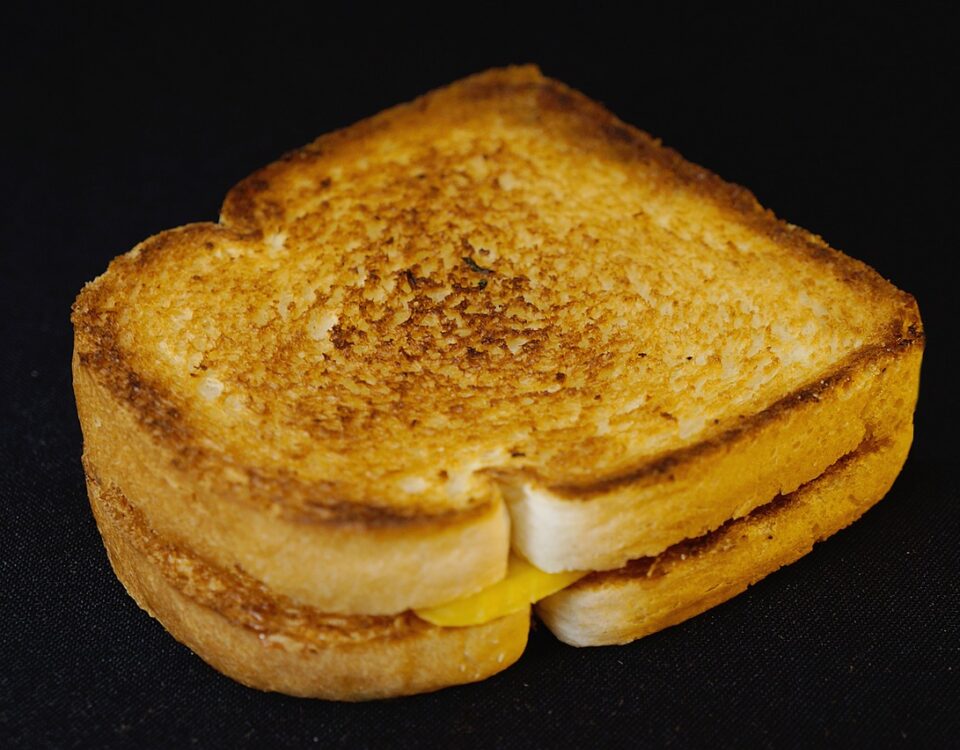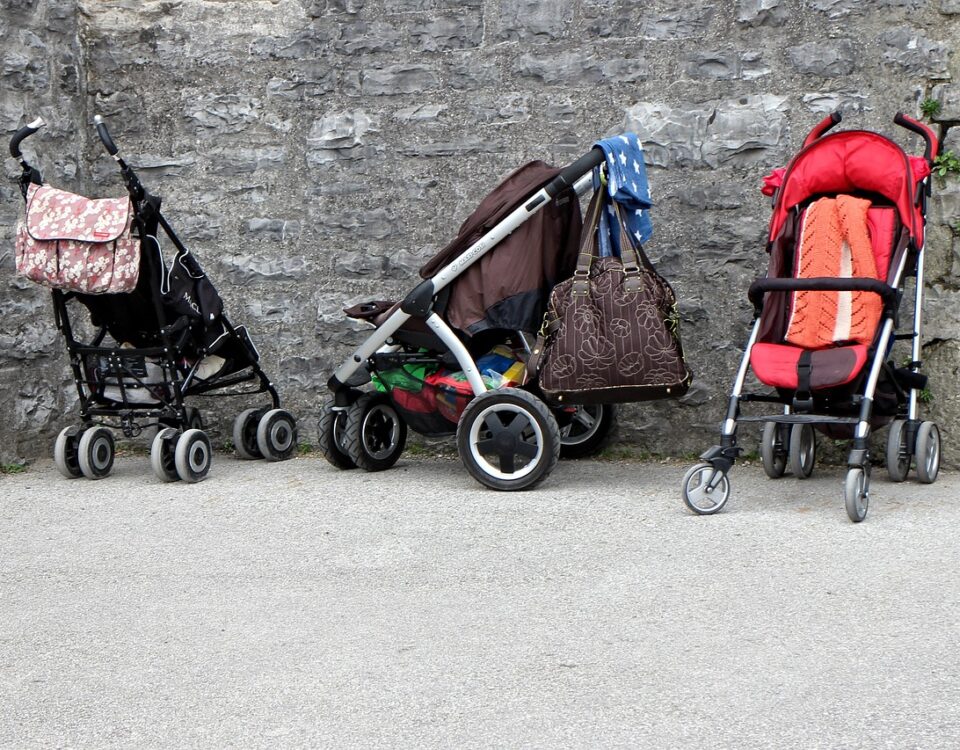
How the Location of Creative Talent is Changing
July 11, 2019
Our Weekly Economic News Roundup: From Sorting Trash to Driving Ethical Cars
July 13, 2019At first glance Shanghai’s new trash-sorting law looks easy.
Just deposit your plastic, paper, textiles, metal, and glass in the blue recyclables bin. Then, the brown bin gets the wet trash and the black one, the dry stuff. Lastly, anything hazardous like pesticides, batteries, or lightbulbs have a red bin. Blue, Brown, Black, Red…it sounds simple.
But it’s not.
Trash-Sorting Confusion
The problem is deciding what goes where. Chicken bones are wet waste and pork bones are dry. The black bin is where used paper goes while vegetable peelings belong in the brown bin because they are wet. And dog poo has to be flushed.
People cannot ignore the sorting laws because their social score could go down. Perhaps comparable to jaywalking, improper trash-sorting is an offense against society. Using a mixture of surveillance techniques that range from cameras to onsite human monitors, the government is watching you. If your social score descends, high speed trains and airplanes could be off-limits. Banks could refuse to provide a loan.
Less burdensome, a list in the lobby of your apartment building could include your name when you “mis-sorted.” Or, you could receive a hefty fine. Even a block could have to pay for an inadequate number of bins or have its trash removal cancelled. Similarly, like the hotels that are banning guest disposables such as toothbrushes and combs, all businesses have to comply.
But, as you might expect, the confusing rules and serious penalties for violating them have had a variety of reactions. Some people reputedly are pouring insecticides on mostly everything so that the red bin is their only destination. Others have thrown garbage out the window, mailed it somewhere, or abandoned it in some alleyway. At Shanghai’s coffee cafés, bring-your-own-mug discounts are multiplying as are trash-sorting businesses.
If you were doing the sorting, in which bin would you place these 7 items? (Answers follow our sources list at the end of the post.)
- Eggshells?
- Cosmetics containers?
- Hair dye?
- Detergents?
- Circuit boards?
- Sea shells?
- Hair?
The bins are:
- Blue: recyclables
- Brown: wet
- Black: dry
- Red: hazardous
Our Bottom Line: Spillover
The economic term spillover seems uniquely appropriate. for tracking the impact of trash regulations. Defined as the positive or negative impact on unrelated third parties, the spillover from Shanghai’s new trash-sorting laws is rippling beyond those who do and don’t violate them. In a long list of benefits and costs, we could list less unhealthy pollution on the plus side and the increasing surveillance that constricts everyday life as a negative.
We also should look beyond China at waste as a global problem. Now that China has stopped importing almost all U.S. waste and is trying to limit its own, the spillover is touching all of us.
The U.S. and China are the world’s biggest waste creators:
My sources and more: Thanks to WSJ for alerting me to Shanghai’s new trash-sorting mandate. From there, timeoutshanghai had a slew of links. Of all I read though, the global perspective on a burgeoning waste crisis from the World Economic Forum was most valuable. Do also take a look at this econlife post about how China has impacted recycling here.
Answers:
- Blue/recyclables: cosmetics containers, circuit boards
- Brown/wet: eggshells
- Black/dry: diapers, sea shells, hair
- Red/hazardous: hair dye, detergents
![econlifelogotrademarkedwebsitelogo[1]](/wp-content/uploads/2024/05/econlifelogotrademarkedwebsitelogo1.png#100878)





